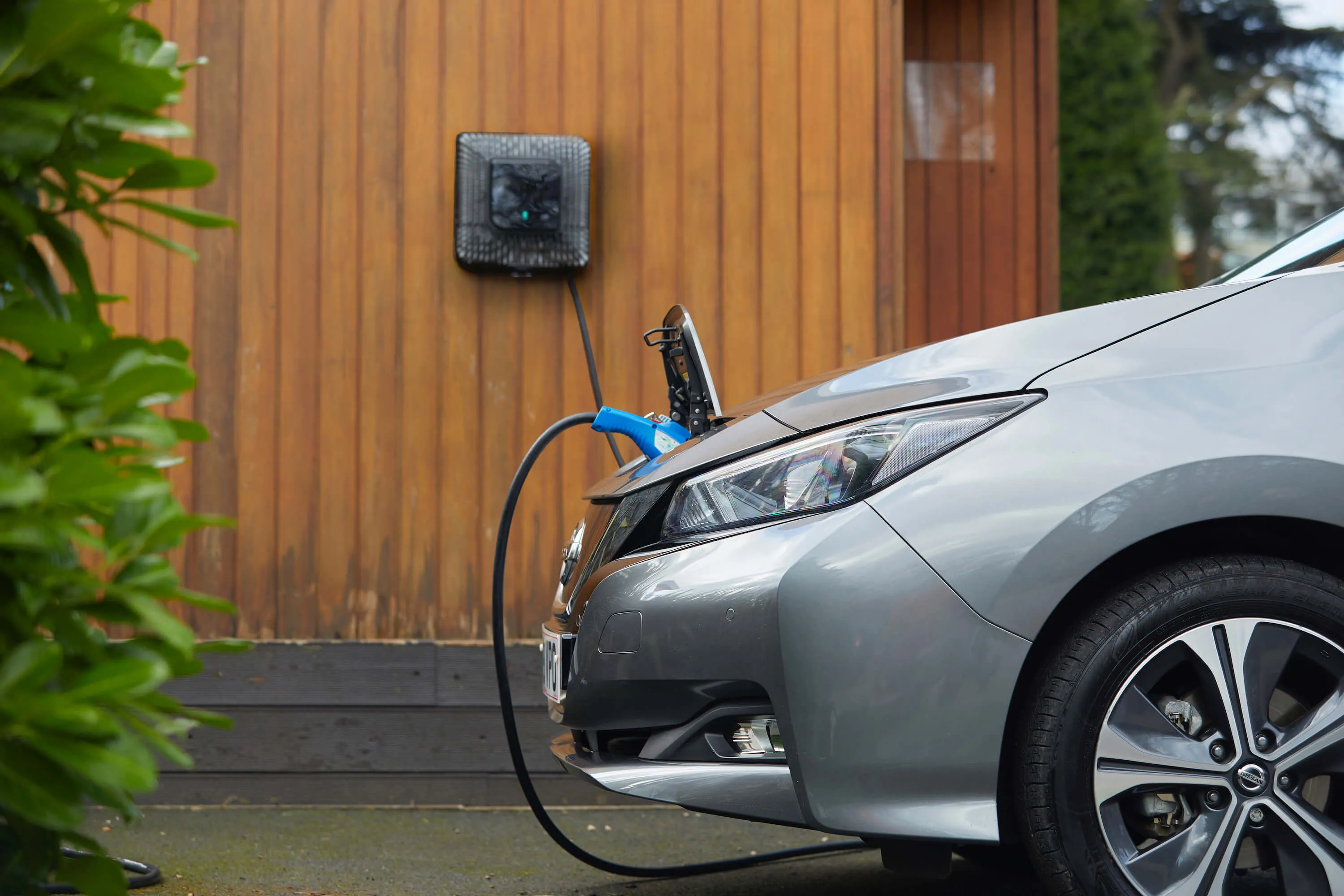Queensland company Tritium has launched Veefil, an electric vehicle (EV) fast charger, designed to take up minimal space, allowing several to be installed in a small area. Developed in Australia as part of a US$2.3 million project funded with matching support from a federal government grant, the company claims Veefil can charge an EV around twenty times faster than a conventional wall outlet, accommodates two plug styles and is weather sealed for outdoor use. Tritium claims that a ten minute charge can prov
May 10, 2013
Read time: 2 mins
Queensland company 7335 Tritium has launched Veefil, an electric vehicle (EV) fast charger, designed to take up minimal space, allowing several to be installed in a small area.
Developed in Australia as part of a US$2.3 million project funded with matching support from a federal government grant, the company claims Veefil can charge an EV around twenty times faster than a conventional wall outlet, accommodates two plug styles and is weather sealed for outdoor use.
Tritium claims that a ten minute charge can provide 50km of driving range. A full charge takes 30 minutes.
Managing director of Tritium, Dr David Finn, said the Veefil would be an ideal charger for businesses.
“The Veefil is extremely attractive to businesses that want to get involved with electric vehicles, but think it’s all too hard,” Dr Finn said. “The tiny space requirements, combined with its stylish and sleek design makes it easy to visualise outside your business and attracting customers.”
Developed in Australia as part of a US$2.3 million project funded with matching support from a federal government grant, the company claims Veefil can charge an EV around twenty times faster than a conventional wall outlet, accommodates two plug styles and is weather sealed for outdoor use.
Tritium claims that a ten minute charge can provide 50km of driving range. A full charge takes 30 minutes.
Managing director of Tritium, Dr David Finn, said the Veefil would be an ideal charger for businesses.
“The Veefil is extremely attractive to businesses that want to get involved with electric vehicles, but think it’s all too hard,” Dr Finn said. “The tiny space requirements, combined with its stylish and sleek design makes it easy to visualise outside your business and attracting customers.”










